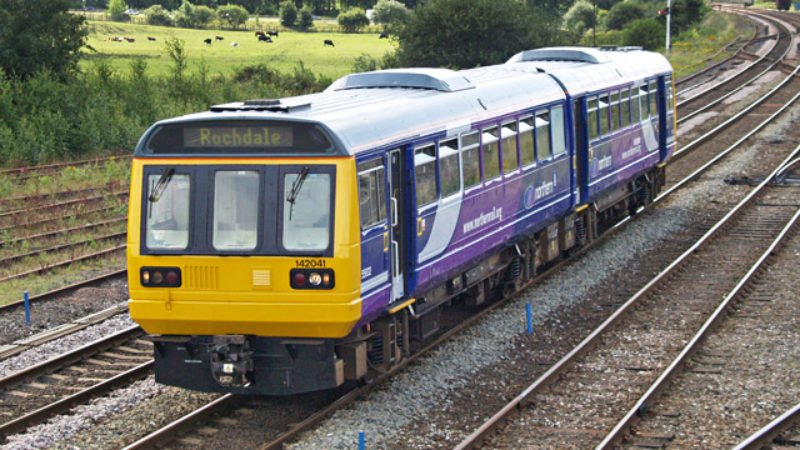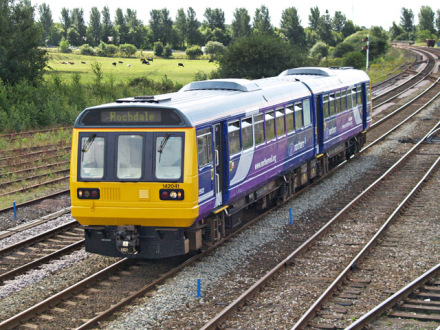

Philip Hammond’s knowledge of transport was well summed up at my first meeting with him soon after he was appointed transport secretary in 2010. Annoyed at the number of level crossing around Egham in his Surrey constituency, he asked me “why can’t the trains, which are often just carrying a few people, wait for the cars rather than the other way round?” I spluttered to explain about signalling, timetabling and the like, and then rapidly changed the subject.
Not surprising, then that as ever, transport barely got a look in at the Budget except for a rather token sum, £690m, being allocated to local government to relieve congestion hotspots. This is just a modest papering-over of cracks and demonstrates that Hammond, who was only transport secretary for a year – as he had never wanted the job in the first place – , still does not get it. Throwing a few bob at random traffic jams is neither relevant nor strategic.
There is nothing here of any substance. There is no understanding that transport accounts for a quarter of greenhouse gas emissions or that it is the main cause of pollution in our towns and cities. Nor that millions of people do not have cars to around in. Hammond is so antagonistic to cycling that he has even privately offered Sadiq Khan the cost of tearing up the cycle superhighways in London. Fortunately, Sadiq has held firm and is continuing the expansion programme.
Nor is the solution the much-vaunted notion that we will soon all be transport in driverless cars that will somehow magic away traffic jams. This is dangerous nonsense. The technology is nowhere near ready, and may never be, and moreover taking out the driver does nothing for congestion – quite the reverse as many empty cars would be using up road space. Moreover, as Carlos Ghosn, the boss of Nissan, has admitted, driverless cars are incompatible with cyclists and pedestrians, and the roads will have to be free of them. That’s not likely to go down well.
Hammond’s hostility to anything that is not road transport, as demonstrated by my meeting with him, is all too clear. As a former car dealer, he cannot see beyond the bonnet of his ministerial Rover.This attitude is shared by some of government ministers. Andrew Jones, a junior transport minister, recently made a revealing comment at the UK Bus Summit. In response to a question about rural bus services, he said “We shouldn’t be having an industry which relies endlessly upon public subsidy. An industry which requires public subsidy is not an industry which has a healthy, robust, sustainable future”. That is truly dangerous thinking. Transferred to the railways, it would wipe out all but a few inter city and suburban services.
This opens up a great opportunity for Labour. The Tories’ transport thinking – if it is worthy of that name – is entirely geared towards encouraging car use with no regard for the environmental or health effects. Better public transport, together with boosting cycling and walking, should be at the heart of our policies.
Too often we have paid lip service to this without a clear strategy on how to bring this about. Labour transport policy has often been summed up by “re-nationalisation of the railways” which, while it will bring about some long term benefits, is not a game-changer. It will do nothing to help the millions without decent bus services, or those, including many young people, whose health is being blighted by pollution cause by traffic.
Cleaning up the air in our towns and cities is an issue that attracts widespread support. Yes, it may be that at times such policies will make it a bit more difficult or expensive to drive. That is precisely why the Tories cannot come up with a coherent transport strategy. We have to be brave enough to be different.
Christian Wolmar was the Labour candidate in last year’s Richmond Park by-election and is the author of Are Trams Socialist? Why Britain has no Transport Policy (London Publishing Partnership)




More from LabourList
Government abandons plans to delay 30 local elections in England
‘The cost of living crisis is still Britain’s defining political challenge’
‘Nurses are finally getting the recognition they deserve’